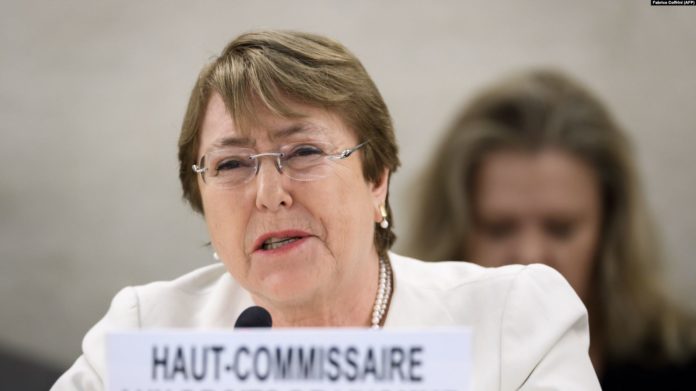GENEVA (RFE/RL) — Human rights experts at the United Nations have called for the “prompt” release of prisoners of war and other captives by Armenia and Azerbaijan from their recent war in Nagorno-Karabakh.
The UN Human Rights Office of the High Commissioner in Geneva said in a statement on Monday, February 1, that the two countries should also move quickly to return the bodies of those killed to families for burial “with due respect for cultural customs.”
“Everyone deprived of their liberty for reasons related to the conflict should be returned to their homes, and relatives of those killed must be able to receive the mortal remains of their loved ones, in line with the ceasefire agreement signed on November 9, 2020,” the experts said.
“Failure to disclose information on the fate and whereabouts of missing persons and refusal to hand over the remains of the deceased may amount to enforced disappearance, which both Azerbaijan and Armenia have committed to preventing,” they added.
At least 6,000 people were killed in the six-week war stopped by a Russian-brokered ceasefire agreement on November 10. The agreement calls for the unconditional exchange of all prisoners held by the conflicting parties. Dozens of them were swapped in December.
On Thursday, January 28, Azerbaijan released five more Armenian prisoners of war (POWs) in return for an Azerbaijani captive freed by the Armenian side. The latest exchange raised to 59 the total number of Armenian POWs and civilians repatriated to date.








